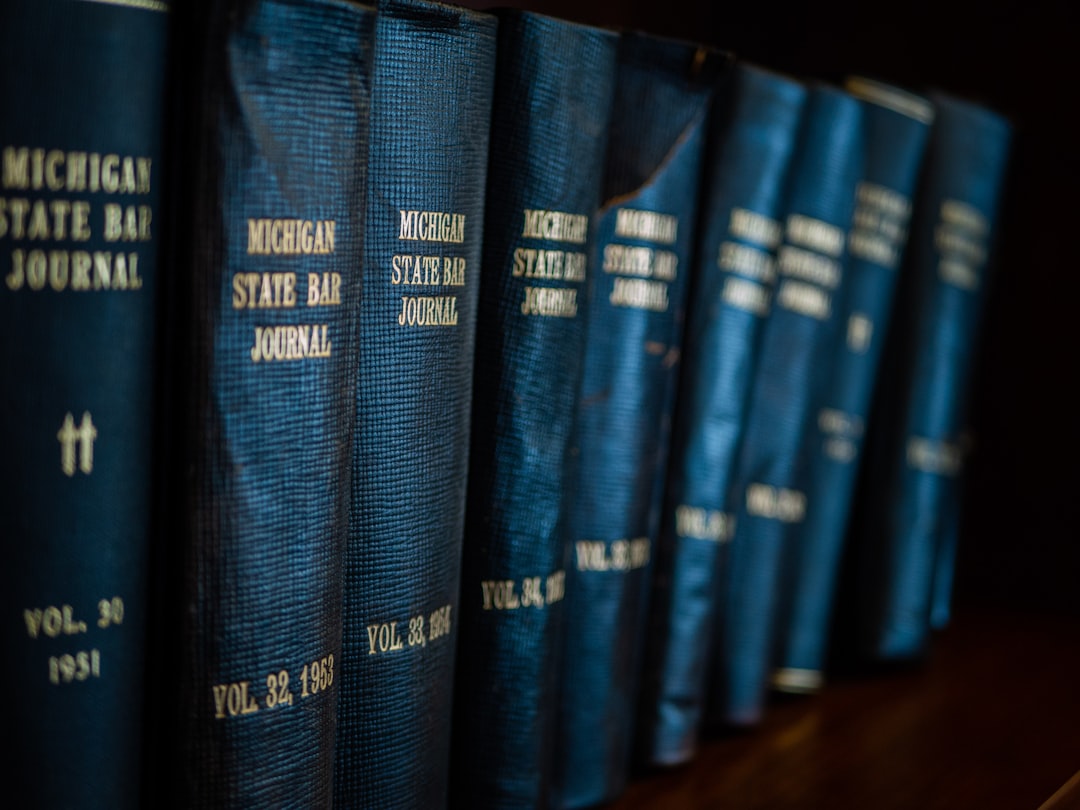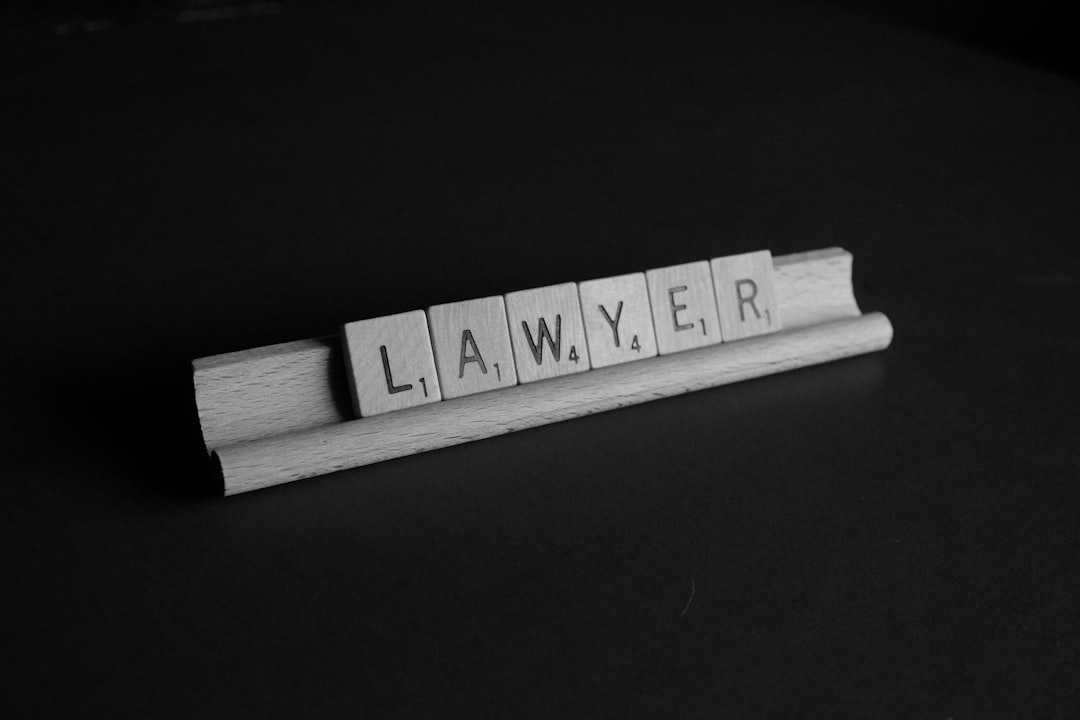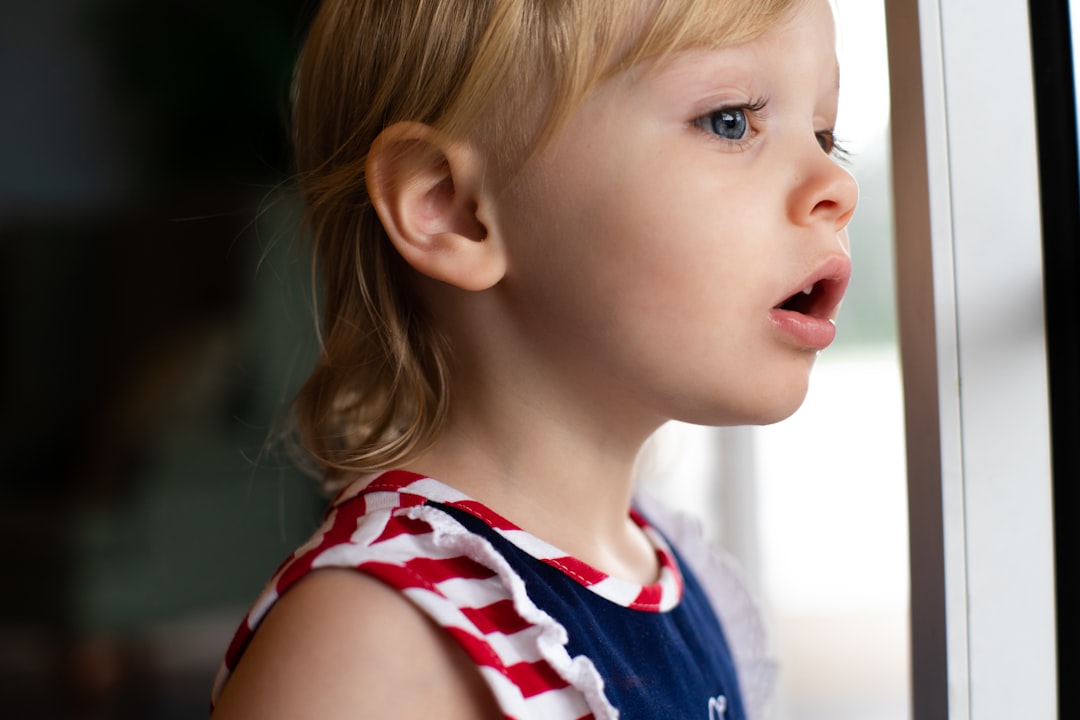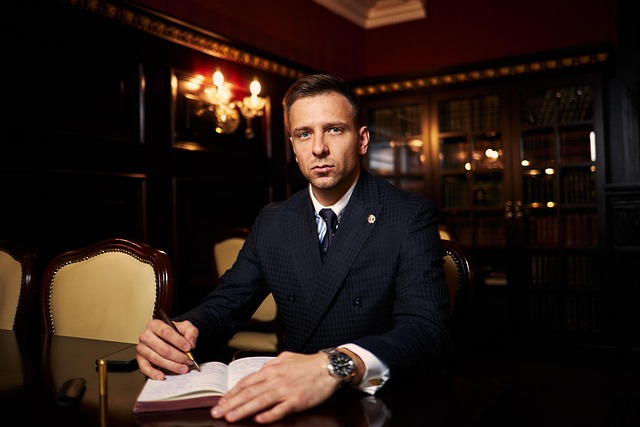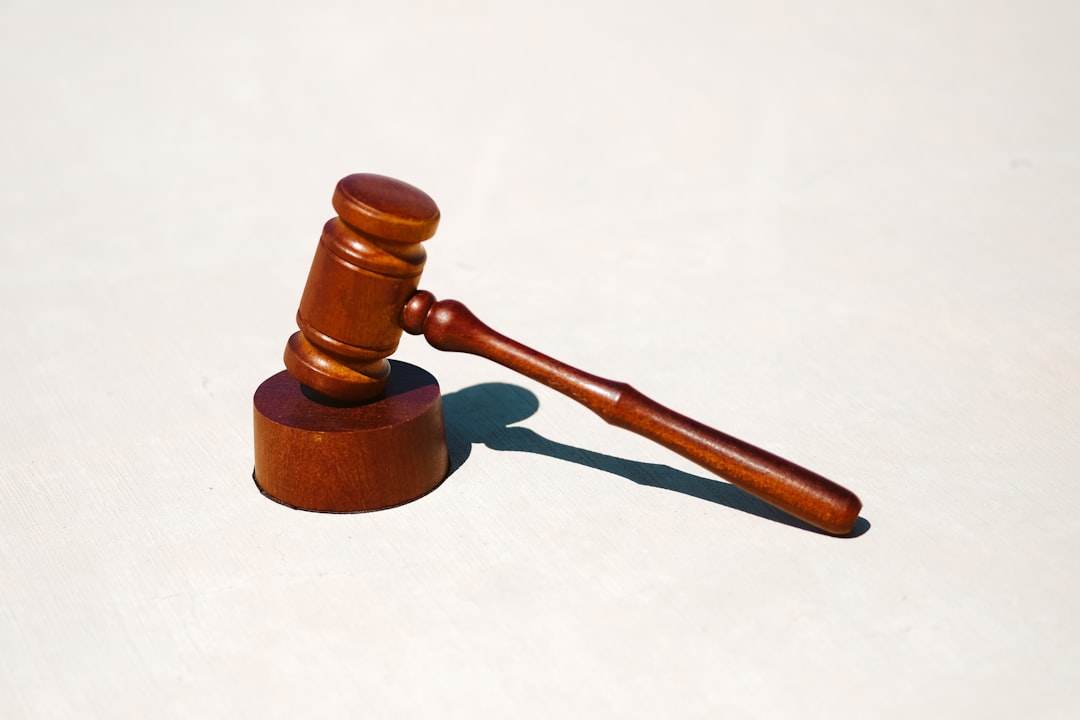Child abuse is a pressing issue in Baltimore, MD's school system, impacting students' well-being and education. With high abuse rates, early identification is key. Schools and community organizations offer specialized support, including counseling, special ed programs, and after-school groups for survivors. Legal protections are in place, with child abuse lawyers in Baltimore MD assisting victims and ensuring justice. Educational institutions collaborate with non-profits, government agencies, and legal aid societies to provide a comprehensive safety net, empowering survivors to access tailored resources and heal from trauma while excelling academically.
In Baltimore, Maryland, addressing child abuse within schools is paramount. This article explores a comprehensive guide for accessing educational resources designed to support survivors of abuse in the city’s academic institutions. We delve into understanding the pervasive issue of child abuse in Baltimore schools, identifying critical resources, and exploring legal rights. By examining collaborations between schools, community organizations, and empowering survivors with available services, we aim to equip both victims and advocates with essential tools, including insights from a child abuse lawyer in Baltimore MD.
Understanding the Issue: Child Abuse in Baltimore Schools
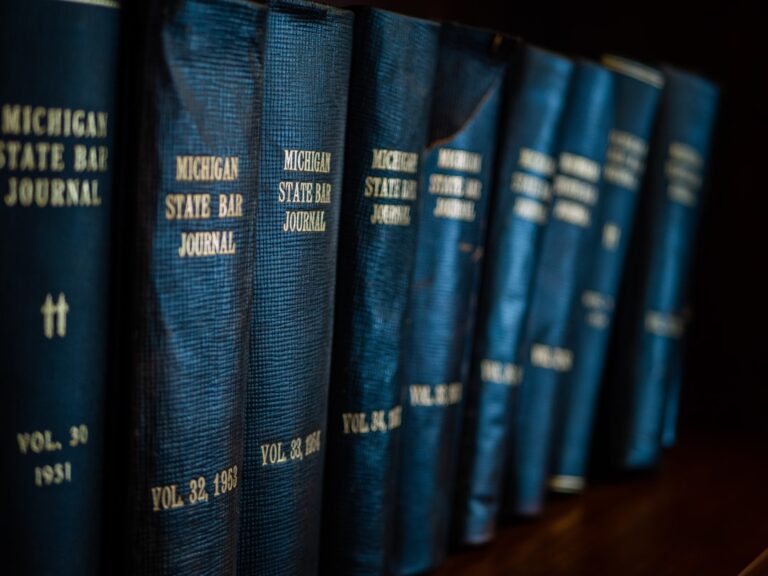
Child abuse is a pressing issue within the Baltimore, MD school system, affecting students’ ability to learn and develop. According to recent statistics, a significant number of children in Baltimore experience some form of maltreatment, including physical, emotional, or sexual abuse. This problem can have severe long-term consequences for victims, impacting their academic performance and overall well-being. When students are affected by abuse, they may struggle with trust, display behavioral issues, or exhibit signs of trauma, all of which can create barriers to education.
A child abuse lawyer in Baltimore MD highlights the importance of identifying these challenges early on. Schools play a crucial role in recognizing potential abuse cases and providing support systems for survivors. By implementing specialized educational resources, schools can foster a safe environment, offer counseling services, and connect students with relevant community organizations. These initiatives ensure that abuse survivors receive the necessary help to overcome their experiences and excel academically.
Identifying Educational Resources for Survivors
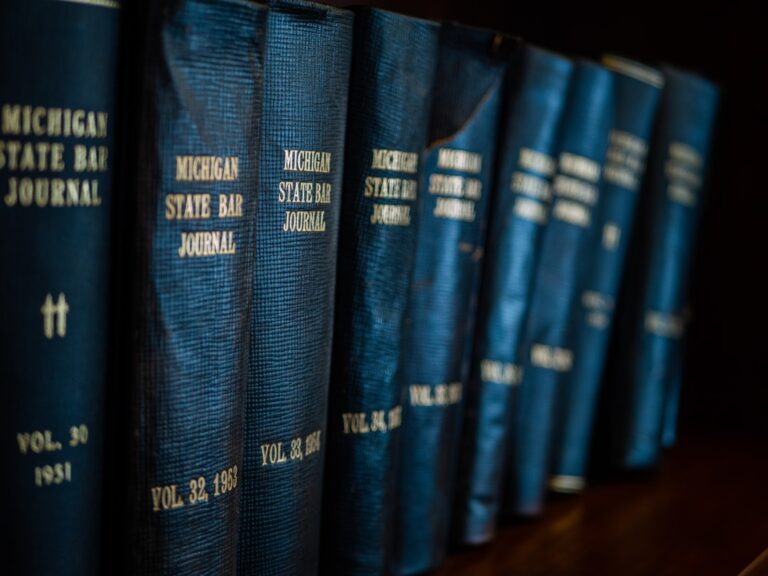
Survivors of child abuse often require specialized support and resources to navigate their educational journey, especially in a new school setting. Identifying these resources is a crucial step for both students and their advocates, such as a child abuse lawyer in Baltimore, MD. Schools in Baltimore City and surrounding areas offer various programs and initiatives aimed at supporting trauma-affected students. These may include counseling services, special education programs, or after-school support groups facilitated by trained professionals.
One effective way to uncover these resources is through direct communication with school administrators, counselors, and teachers. They can provide insights into available programs and connect survivors with relevant departments or community organizations dedicated to assisting abuse survivors. Additionally, local non-profit organizations and government agencies specializing in child welfare and protection can be valuable resources for locating specialized educational support for survivors.
Legal Rights and Support for Abuse Survivors in Maryland

In Baltimore, Maryland, survivors of child abuse have specific legal rights and access to support services. State laws protect individuals from all forms of abuse, ensuring that victims can seek justice and safety. If you or someone you know is a survivor of child abuse, it’s crucial to understand these rights. A child abuse lawyer in Baltimore MD can provide guidance and represent your interests if needed. Legal avenues exist to hold perpetrators accountable and offer closure to survivors.
Maryland offers various support systems for abuse survivors within its educational institutions. Schools are mandated to have protocols in place to identify and report suspected cases of child abuse, ensuring a safe learning environment. Survivors may access confidential counseling services, and there are dedicated hotlines for crisis intervention and referrals to local agencies. These resources aim to empower survivors with the necessary tools to heal and rebuild their lives.
Collaborating with School Authorities and Community Organizations

Surviving child abuse can be a challenging and complex process, and accessing appropriate educational resources is a vital step towards healing and recovery. In Baltimore, MD, there are numerous organizations dedicated to supporting survivors and ensuring they receive the help they need. One of the most effective ways to initiate this support is by collaborating with school authorities and community organizations.
School administrators play a crucial role in identifying potential abuse cases and connecting students with necessary resources. By partnering with local child abuse lawyers in Baltimore MD, schools can ensure that students receive legal guidance and representation when needed. Community organizations, such as non-profits and support groups, also offer valuable services and programs tailored to abuse survivors. These collaborations create a safety net for students, providing them with academic support, counseling, and a sense of community as they navigate their educational journey.
Empowering Survivors: Accessing and Utilizing Available Services

Surviving child abuse can be a challenging and emotional journey, but it’s crucial for survivors in Baltimore MD schools to know that support systems exist. Empowering survivors involves learning about and accessing available services tailored to their needs. Many organizations, including non-profit groups and legal aid societies, offer specialized assistance to those who have experienced child abuse. A child abuse lawyer in Baltimore MD can provide vital guidance, ensuring survivors understand their rights and the legal steps they can take.
These resources extend beyond legal aid. Educational institutions often partner with community organizations to offer counseling services, support groups, and trauma-informed care. Survivors should feel encouraged to reach out to school counselors, teachers, or administrative staff who can facilitate connections to these essential services. By utilizing available resources, survivors can begin their path to healing and reclaim their educational experiences.

